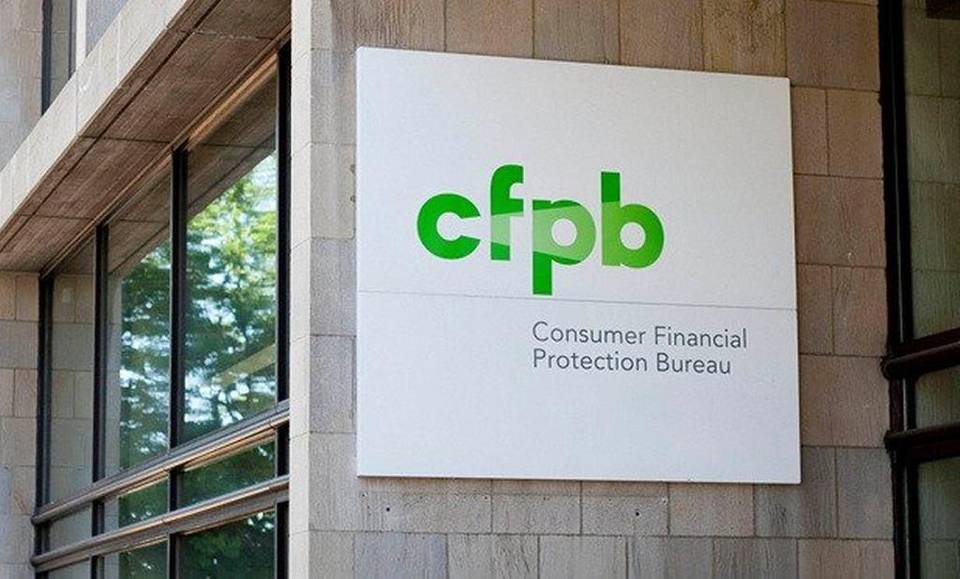A new rule proposed by the Consumer Financial Protection Bureau (CFPB) on Wednesday seeks to rein in banks and the fees they charge for overdrafts.

Officials with the CFPB said the proposed rule would close a loophole that exempts overdraft lending services from disclosing interest rates and other information on overdraft loans. According to the CFPB, the Truth in Lending Act and other consumer financial protection laws exempt overdraft lending services from some protective provisions, allowing very large financial institutions to issue profitable overdraft loans that generate billions in revenue annually.
Under the proposed rule, large banks would be free to extend overdraft loans, as long as they complied with lending laws, including the disclosure of interest rates. Alternatively, banks could charge fees as low as $3 to recoup their costs if they show their cost data.
“Decades ago, overdraft loans got special treatment to make it easier for banks to cover paper checks that were often sent through the mail,” CFPB Director Rohit Chopra said. “Today, we are proposing rules to close a longstanding loophole that allowed many large banks to transform overdraft into a massive junk fee harvesting machine.”
Officials said the proposed rule would apply to insured financial institutions with more than $10 billion in assets. These institutions typically charge $35 for an overdraft loan, even though the majority of debit card overdrafts are for less than $26, and are repaid within three days, the agency said. An estimated 23 million households pay overdraft fees every year. The CFPB said the rule could save consumers $3.5 billion or more per year in fees, or about $150 per household that pays overdraft fees.